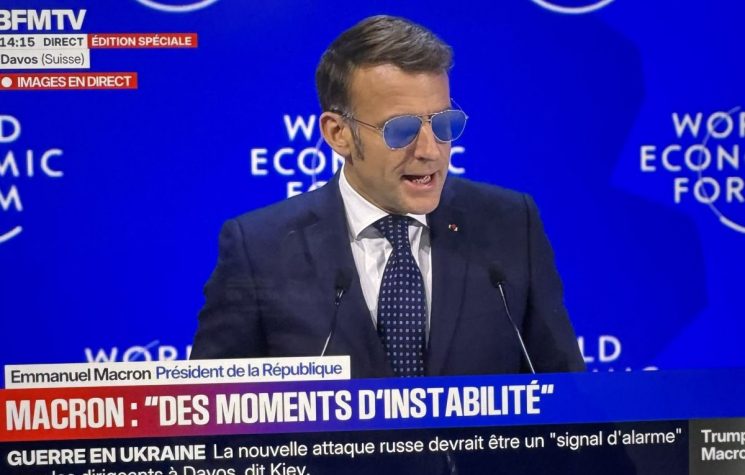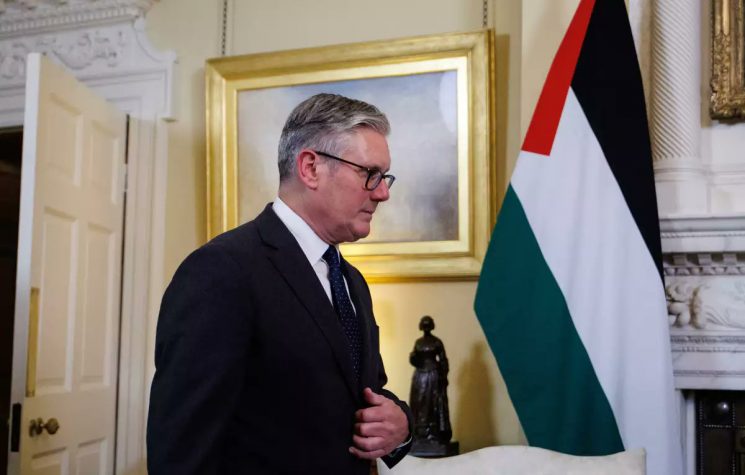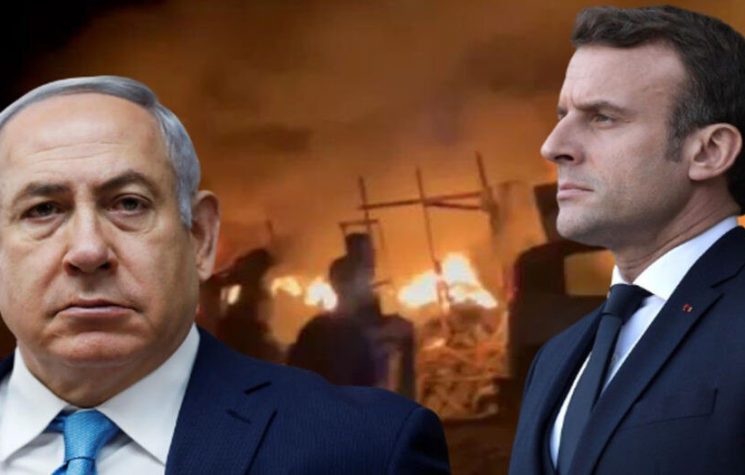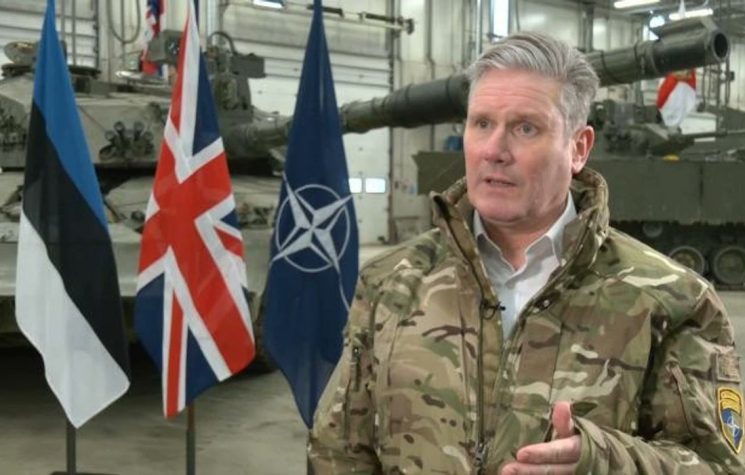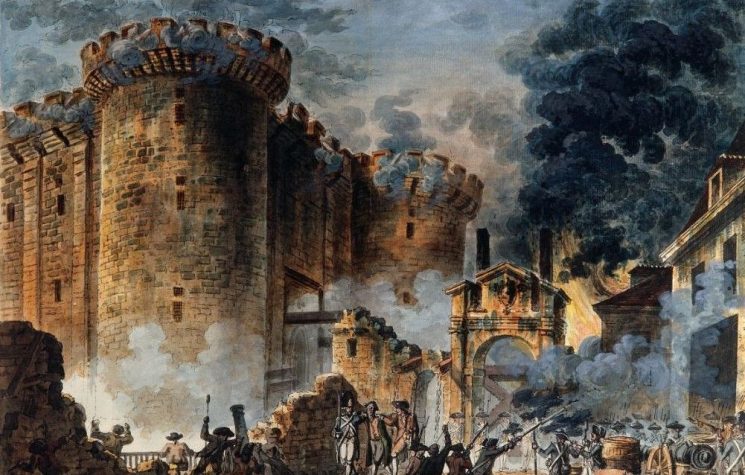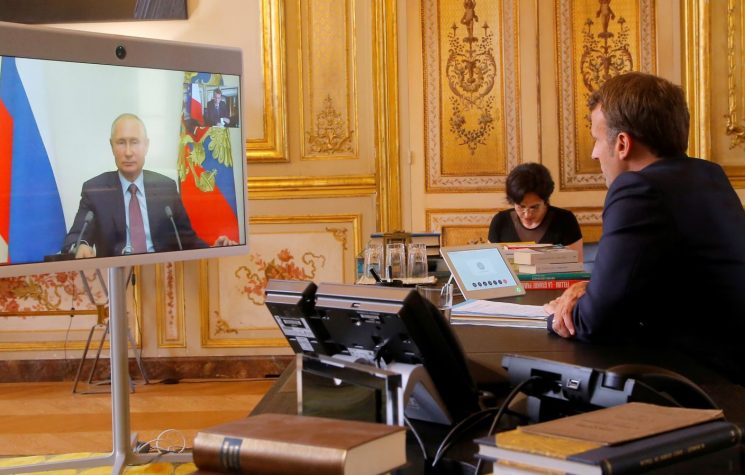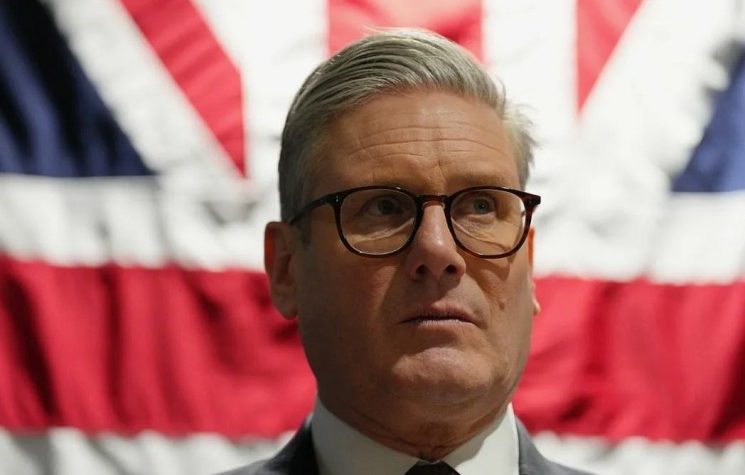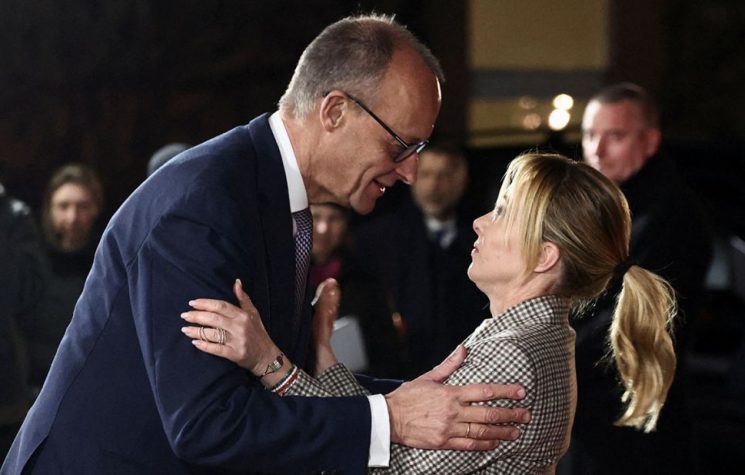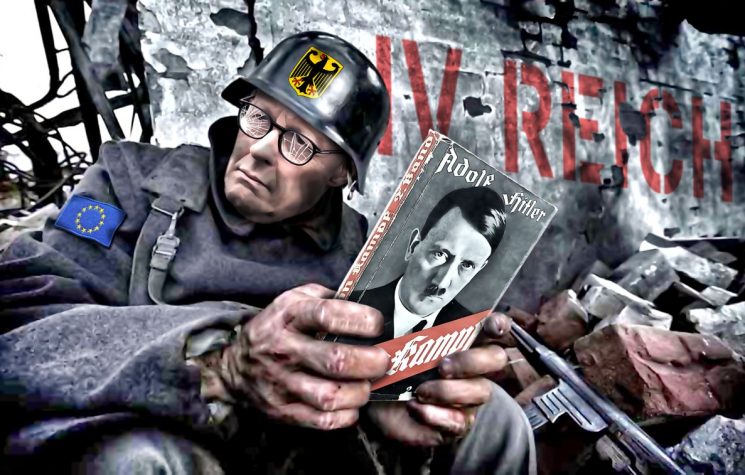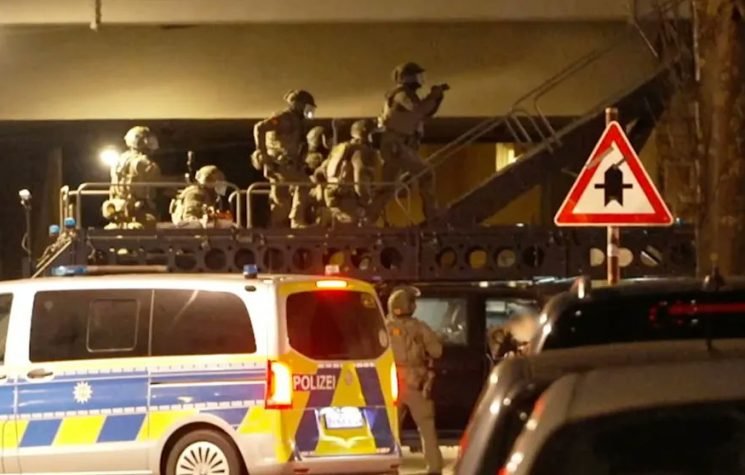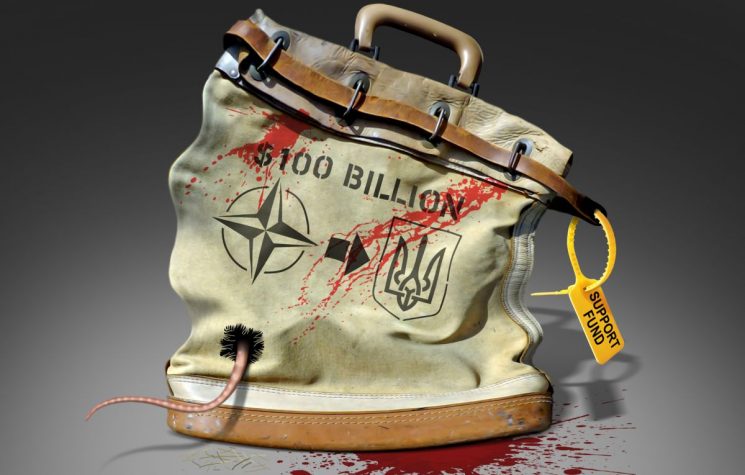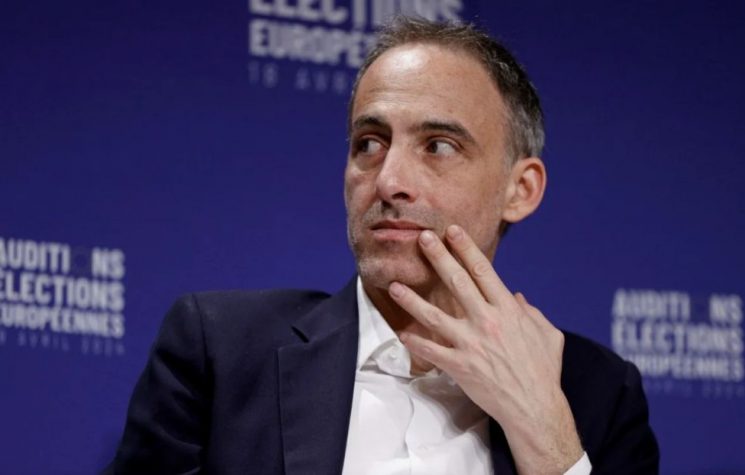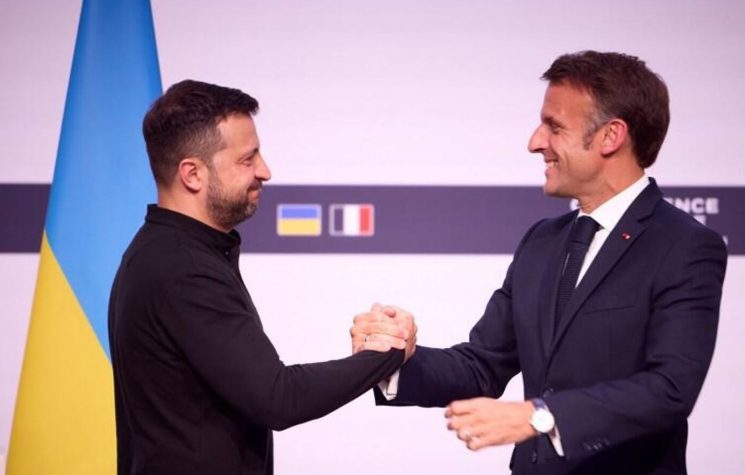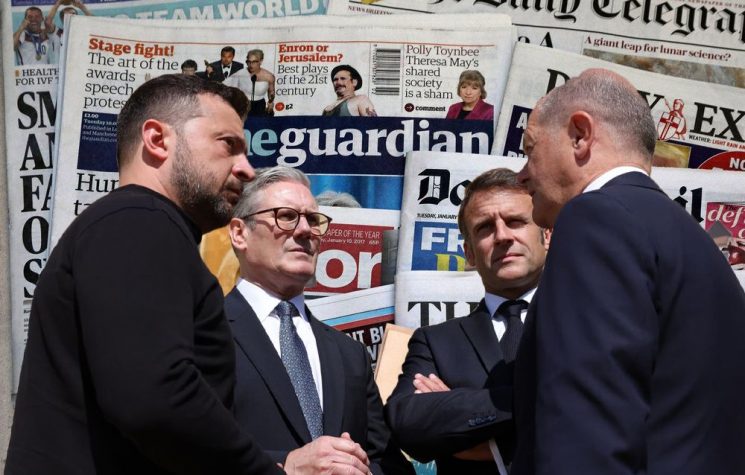By insisting on war, European leaders not only condemn Ukraine to disintegration, but also accelerate the structural decline of the continent itself.
Join us on Telegram![]() , Twitter
, Twitter![]() , and VK
, and VK![]() .
.
Contact us: info@strategic-culture.su
The war in Ukraine is entering a critical stage—not only for Kiev, but also for a Europe that, deluded by meaningless slogans and unrealistic promises, finds itself standing at a geopolitical precipice. Ignoring the clear signs of Ukraine’s military and societal exhaustion, European leaders persist in a suicidal escalation of militarization that, far from preventing Ukraine’s collapse, is dragging the continent into an economic, political, and strategic spiral of decline.
The impasse worsened once the U.S. began to show signs of fatigue and a desire to end the conflict. Washington now pushes for a negotiated solution, while Brussels insists on keeping Zelensky afloat, offering not real solutions but false hope in the form of temporary ceasefires and new arms shipments. The goal is obvious: to buy time in hopes of rekindling Washington’s old appetite for war. It’s a dangerous—and fundamentally unrealistic—calculation.
The truth is that Ukraine has no strategic breath left. Since the failed counteroffensive of 2023, the country has plunged into a deep crisis of morale, cohesion, and combat capacity. The situation now resembles that of the Spanish Second Republic after its defeat at the Ebro in 1938: the end is in sight, and the continuation of war serves only to prolong suffering. Zelensky himself, now a deeply unpopular leader, would be politically defeated in any free election—consistently trailing behind military figures like Valeriy Zaluzhniy in every poll. An abrupt internal collapse, whether due to political rifts, military mutinies, or civil unrest, is a very plausible outcome.
Such a scenario would not only seal Ukraine’s defeat but also trigger a catastrophic shift in the European balance of power. Moscow could advance to Odessa, annex vast areas of Ukrainian territory, and reach the European Union’s borders. The consequences would be devastating: NATO demoralized, Brussels’ strategic credibility shattered, and the region permanently destabilized.
Even so, the European continent seems unable to acknowledge its military impotence. Leaders like Macron, Starmer, and Kallas continue proposing unworkable peace plans based on illusions of European power—ignoring the fact that France and the UK can barely maintain even minimal operational forces. While Russia mobilizes thousands of tanks, Britain has only a few dozens. Germany, mired in political crisis, can’t even produce enough ammunition at scale. European rhetoric speaks of rearmament, but national budgets tell another story: ballooning deficits, public debt over 100% of GDP, and increasingly hostile populations unwilling to accept social cuts in the name of a war with no future.
The militarization of Europe, sold as a solution, is in fact a symptom of collapse. Lacking an industrial base, political capital, or social support, any attempt to rebuild a significant military force will result either in prolonged recession or the dismantling of the welfare state—two paths that will lead the so-called “European garden” to ruin. In this context, the war in Ukraine is not only the grave of the Atlanticist project, but the tombstone of a Europe that traded its stability for fantasies of power.
Ukraine’s collapse, therefore, will not be an isolated event. It will mirror Europe’s strategic collapse. The refusal to face reality—that a negotiated solution with concessions to Russia is better than total destruction—not only threatens the existence of the Ukrainian state but also drags Europe into an existential crisis. The continent that once saw itself as guardian of the liberal international order is transforming, before our very eyes, into a graveyard of its own illusions.












